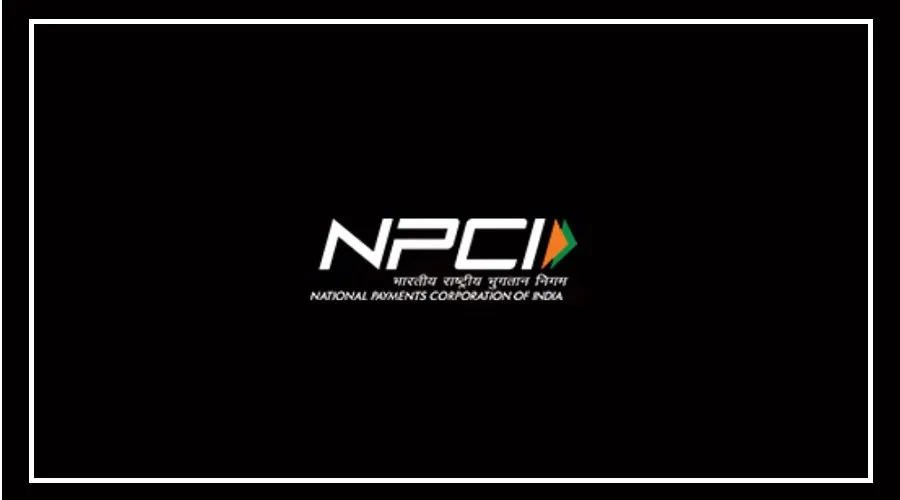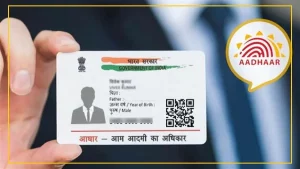UPI (Unified Payments Interface) has become the backbone of India’s digital payment system.
Millions of people use it every day for quick and secure transactions — from paying for groceries to transferring money instantly.
To make the system even smoother and faster, the National Payments Corporation of India (NPCI) has announced new updates to UPI rules.
These changes are meant to ensure quicker settlements and faster dispute resolutions for users.
Originally planned for November 3, the new rules will now come into effect from December 15, 2025.
NPCI has directed all banks to make the necessary arrangements before that date.
What’s New in the UPI Rules?
Earlier, UPI settlements were done in 10 cycles a day, and both transaction authorizations and dispute resolutions were handled together.
But this is about to change.
Under the new rules:
The first 10 settlement cycles will now be used only for authorization transactions.
Dispute settlements will be moved to two separate cycles — called DC-1 and DC-2.
This means that if there’s a refund or dispute, it will be processed in these specific cycles, making the process faster and more efficient.
Here’s how the new settlement schedule will work:
Cycle 11 (DC-1): 12:00 midnight to 4:00 pm
Cycle 12 (DC-2): 4:00 pm to 12:00 am
By separating regular transactions and disputes, NPCI aims to make settlements quicker and reduce delays for both banks and users.
What Stays the Same?
Not everything is changing.
The cut-off times, RTGS posting deadlines, and other settlement rules will remain the same.
There will be no change in:
Settlement times
Dispute reporting turnaround (TAT)
Customer compensation rules
NPCI penalties and compliance standards
ADC (Additional Data Capture) limits
So while the structure is changing behind the scenes, regular users won’t face any major disruptions — they’ll just experience faster refunds and smoother payments.
In Short
The UPI system is getting an upgrade to make digital payments faster and more reliable.
With separate settlement cycles for disputes and transactions, users can expect quicker resolutions and fewer delays.
From December 15, these new rules will officially roll out, marking another big step toward making UPI smarter, faster, and more user-friendly.

























